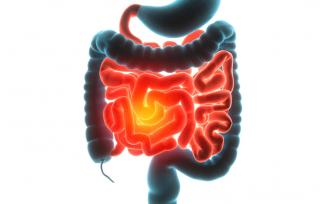Psyllium Reduces Inulin-Induced Colonic Gas Production in IBS: MRI and in Vitro Fermentation Studies
Newsletter
Your subscription could not be saved. Please try again.
You've successfully subscirbed to Naturopathic Currents monthly newsletter!
Most Popular
- 03 Nov 16
- 08 Jan 15
- 17 Jun 13
- 17 Jun 13
- 17 Jun 13
- 01 Jul 13
- 17 Jun 13
- 17 Jun 13
- 17 Jun 13
- 01 Jul 13
- 17 Jun 13
- 17 Jun 13
- 17 Jun 13
- 01 Jul 13











